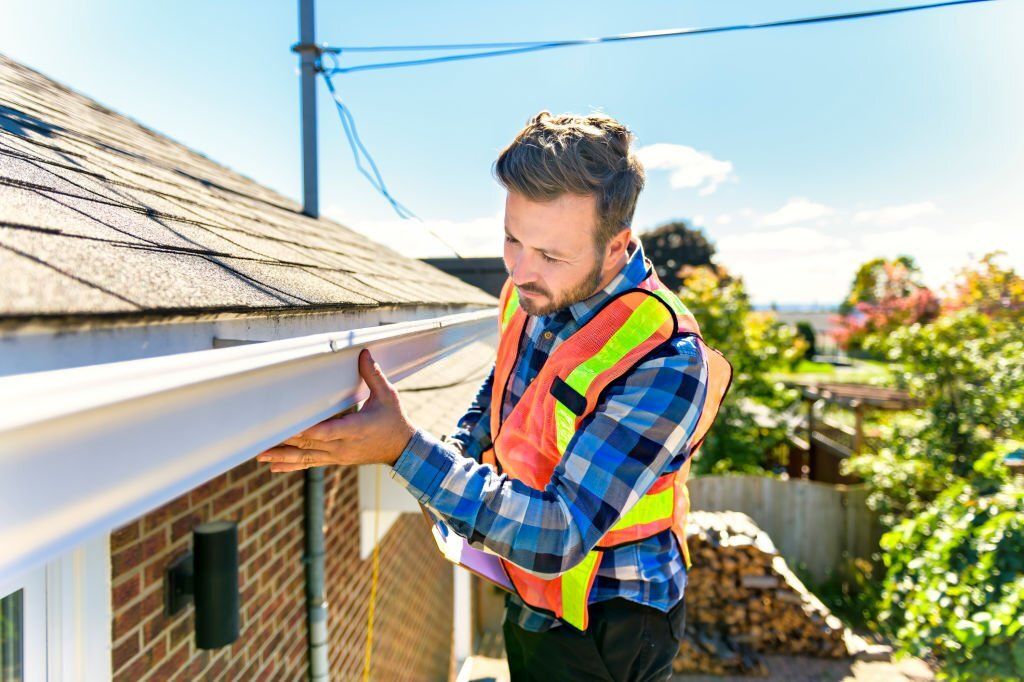Buying a home is one of the biggest financial decisions ever. It’s exciting, but it can also be stressful, especially when trying to make sure you’re making a smart investment. That’s where home inspectors come in. But if you're in the Grand Canyon State, you might wonder: Who exactly are Arizona home inspectors, and what do they actually look for during an inspection?
This article breaks down what these professionals do, why they matter, and what to expect from a standard inspection in Arizona.
Understanding the Role of a Home Inspector
What Does a Home Inspector Do?
A home inspector is a trained professional who performs a visual assessment of a property's major systems and components. Their job is to identify potential issues—both big and small—so buyers can make informed decisions. While they don’t fix the problems or guarantee the condition of the home, they do provide a detailed report on its current state.
In Arizona, home inspectors must meet specific licensing requirements, including education, field experience, and passing a state exam. This ensures a certain standard of knowledge and reliability.
Why Are Home Inspections Important?
Whether you're buying, selling, or maintaining a property, a home inspection can save you from costly surprises. An inspector's report can help you:
- Understand the condition of the property
- Spot safety hazards or code violations
- Plan for repairs and maintenance.
- Negotiate purchase terms based on the findings.
What Arizona Home Inspectors Typically Examine
Structural Components
The inspector will start by checking the foundation, walls, roof framing, and other structural elements. They’re looking for signs of:
- Foundation cracks or settling
- Sagging or bowing of walls or ceilings
- Water damage or termite activity
- Roof wear and leaks
These issues can be red flags for expensive repairs down the line.
Electrical Systems
Faulty wiring or outdated electrical panels can be dangerous. Inspectors evaluate:
- Main electrical panel and breakers
- Outlets and switches
- Light fixtures
- Grounding and bonding
They ensure everything is up to code and safe to use.
Plumbing Systems
Leaks, corrosion, and poor drainage are all things the inspector will look for. Key components include:
- Water heaters
- Supply and drain lines
- Faucets, toilets, and tubs
- Water pressure and flow
They may also check for signs of water damage around plumbing fixtures.
Arizona-Specific Considerations
Climate-Related Issues
Arizona's dry climate and extreme heat create unique challenges. Inspectors in this state often look closely for:
- Cracked stucco or exterior paint due to sun exposure
- HVAC system performance during hot summer months
- Roof degradation from intense sunlight
- Soil movement that can affect foundations
These factors may not be as pressing in other states but are critical in Arizona.
Pest and Termite Inspections
Although not always part of a general home inspection, termite checks are common in Arizona due to the dry climate and prevalence of subterranean termites. Some inspectors are licensed to conduct general and pest inspections, while others may refer out.
What to Expect in Your Home Inspection Report
Clear Descriptions and Photos
You’ll receive a written report, often within 24 hours of the inspection. It will include:
- Summary of key findings
- Notes on each system and component
- Photographs of problem areas
- Recommendations for further evaluation
This document can help you prioritize repairs or negotiate with the seller.
Limitations of the Inspection
It's important to know what a home inspection doesn’t cover. For example:
- Inspectors don’t open walls or dig into foundations
- Unless specifically requested, they won’t test for environmental hazards like radon or mold.
- Appliance performance is typically only checked for basic function
Understanding these limits helps set the right expectations.
When to Schedule an Inspection
During the Contingency Period
Most homebuyers schedule an inspection after accepting their offer but before finalizing the deal. This contingency period allows you to back out or renegotiate based on the inspection findings.
For Annual Home Maintenance
Even if you're not buying or selling, scheduling a routine inspection every few years can help you keep up with maintenance and prevent major issues before they escalate.
Conclusion
Arizona home inspectors play a vital role in the real estate process, offering valuable insight into a property's condition. From structural assessments to checking HVAC performance under desert heat, these professionals help you make confident decisions about one of life’s biggest investments.
Whether buying your first home or just keeping your current property in good shape, knowing what inspectors look for—and what’s unique to Arizona—can save you money, time, and stress in the long run.
